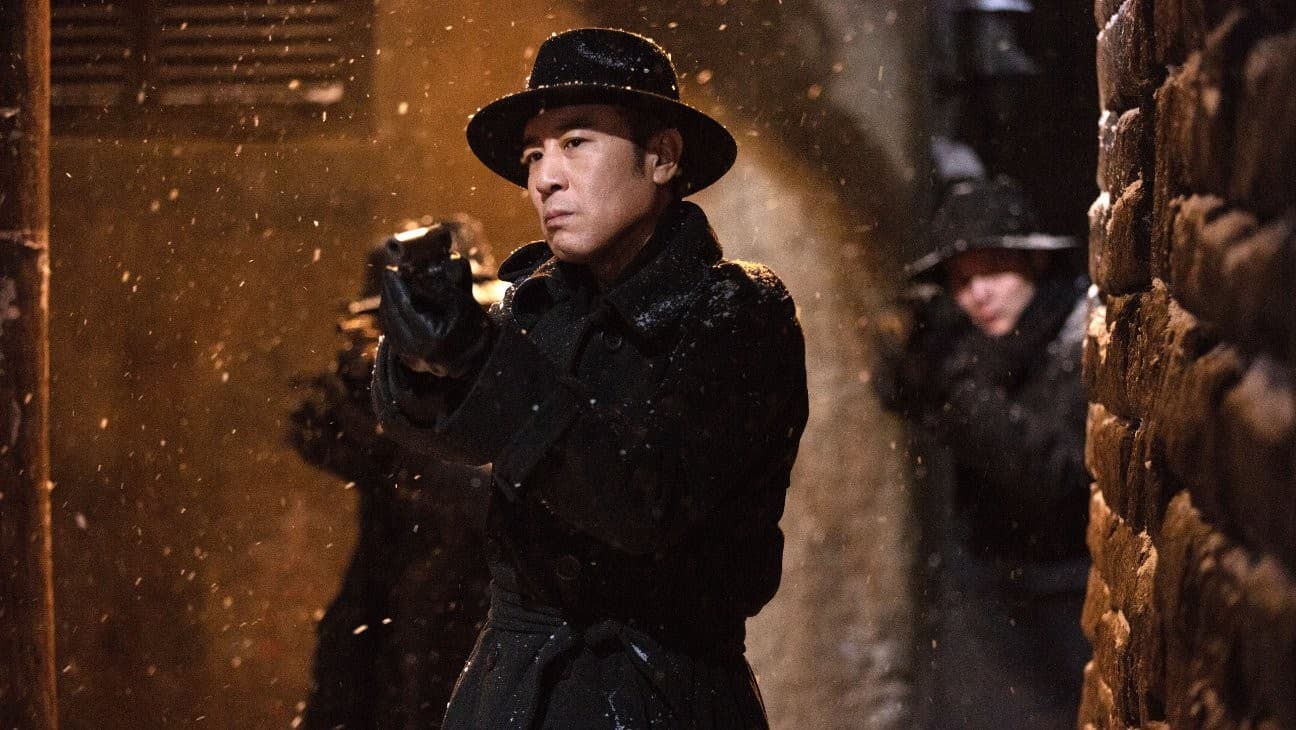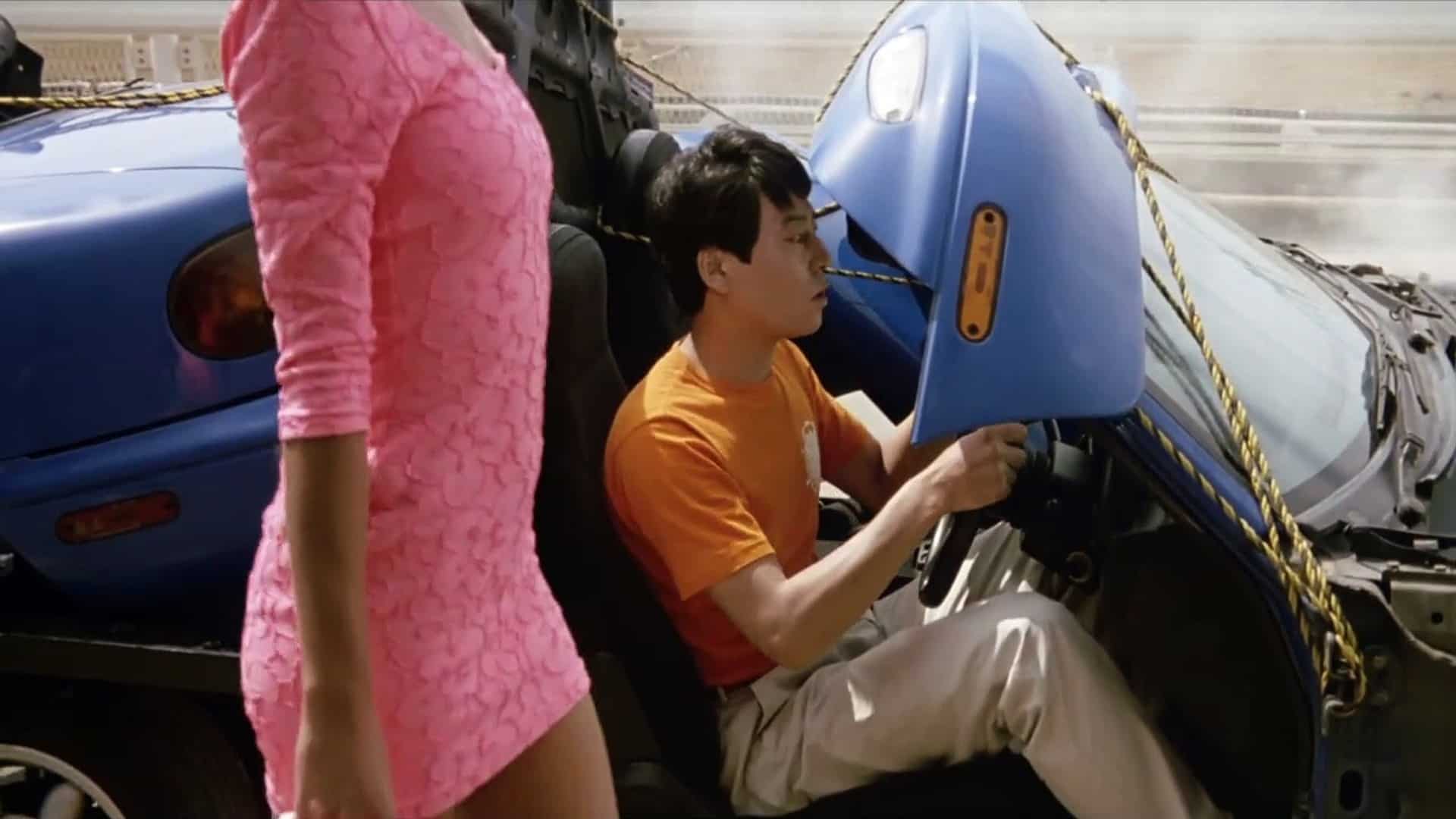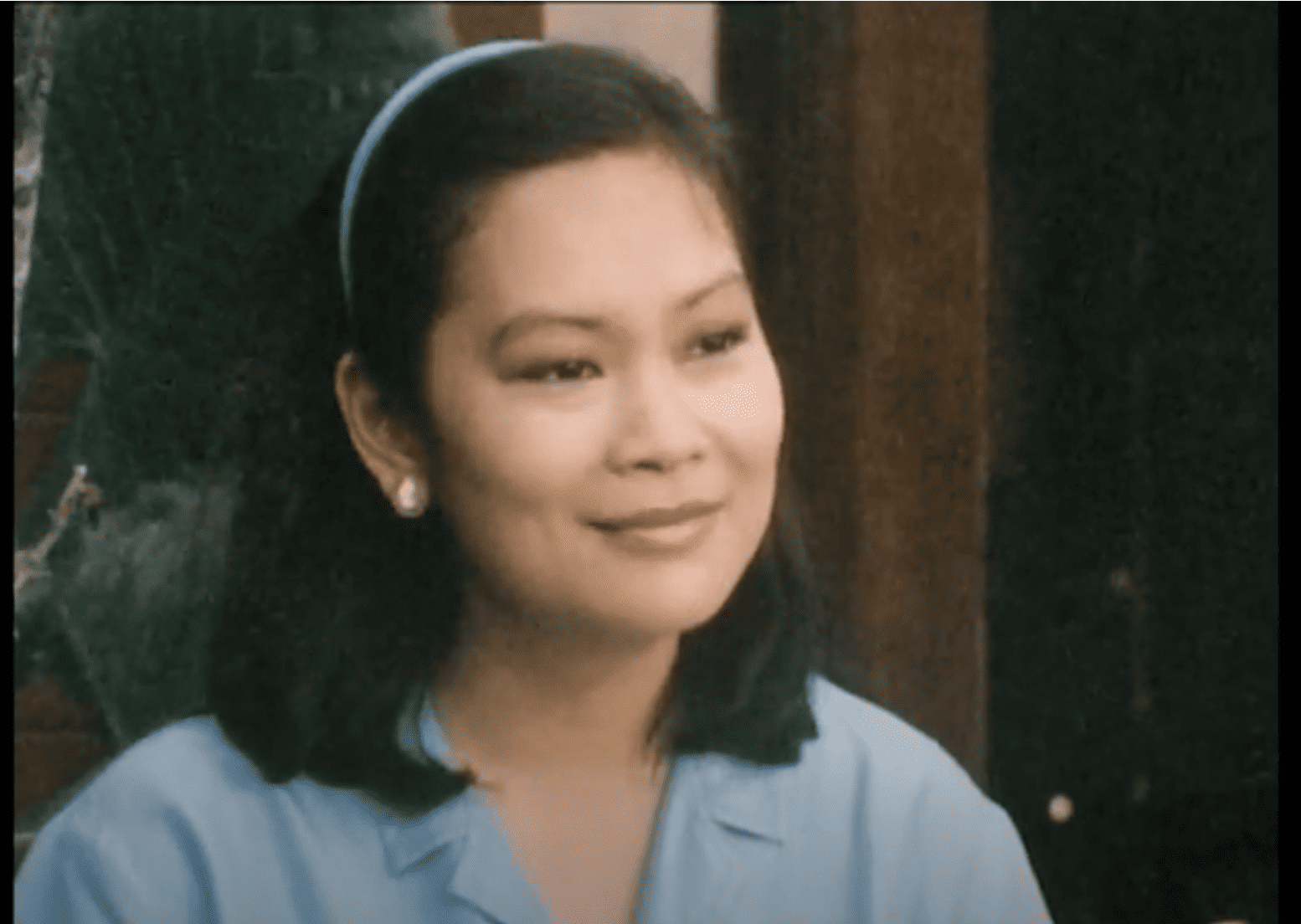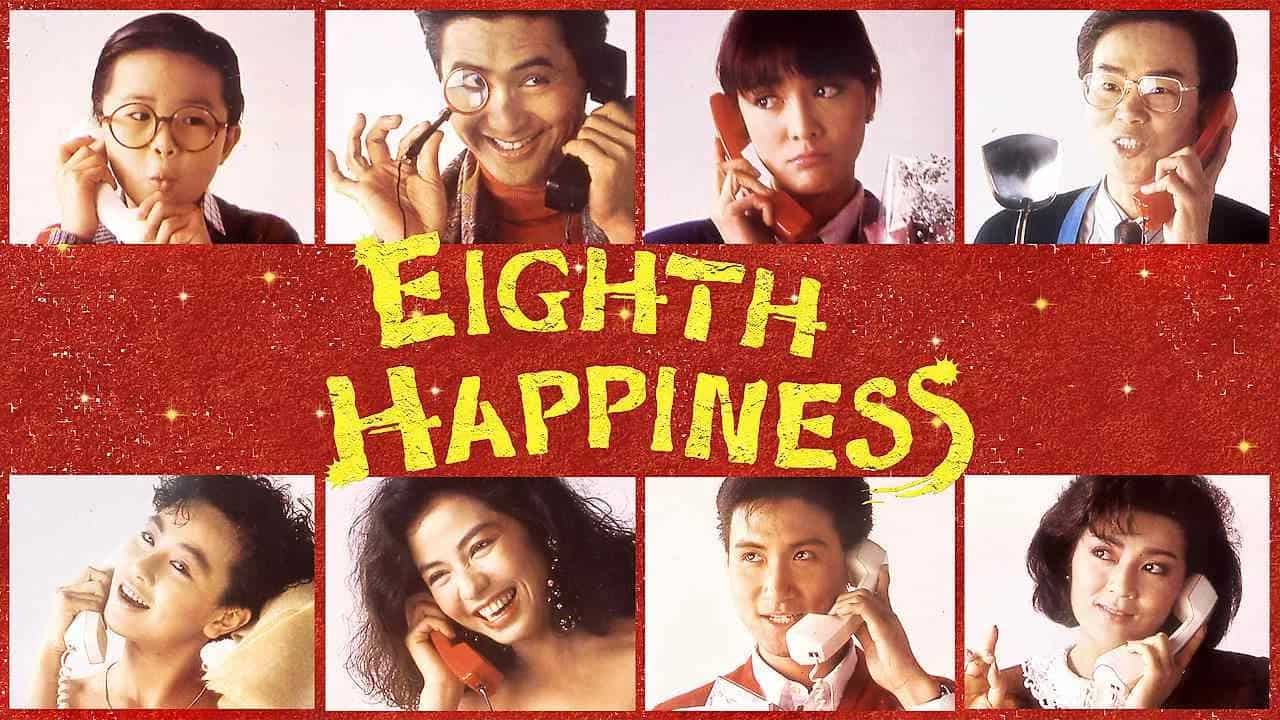The concepts of parenthood and particularly motherhood have always been significant topics for Asian cinema, with recent films like “Girls Always Happy” and “Small Talk” being some of the most prominent samples. “The Strangers” follows along the lines of the second, through a rather unusual path, that had the director beginning shooting in 2012, eventually abandoning the project, only to revisit it in 2014, beginning a long “visit” (The Strangers literal translation) to her hometown, Chuncheon.
“The Strangers” is screening in Hong Kong Arts Centre on Friday 16/4 at 7:30 pm
as part of Women Direct. Korean Indies! – Korean Women Independent Film series, under the signature programme of the Hong Kong Arts Centre, Independently Yours
After her mother's initial denial to being filmed, and an approach by Myoung that touched the borders of bullying, the “subject” finally agrees to tell her story, highlighting its dramatic premises from the beginning. Myoung's grandmother always wanted to son, but she only had daughters, with Myoung's mother being the third, and one that caused a health issue for her that ended up with her husband abandoning the family in order to have a son. Myoung's grandmother hated her daughter for this, and treated her in a way that made her think she was adopted up to a point, and even more shockingly, she even hated her granddaughter in almost the same way. Myoung's mother was shaped significantly by this setting, and eventually left to live a life on her own, which she managed by doing whatever jobs she managed to get, eventually opening a small restaurant she still continues to run, along with a number of odd jobs she finds. Her attitude towards her daughter was not particularly warm also, though, in a comment in the film that seems to deal with the question of if we are destined to become like our parents.
Myoung So-hee juxtaposes the stories of her mother's life with her own, including her wedding and the birth of her child, while the camera also “tours” through the narrow streets of Chuncheon and Soyangmo, another place the two stayed. At the same time, however, it becomes obvious that something is lurking in the relationship of the director with her mother, with the eventual revelation being the most shocking part of the film, additionally changing the main concept, to the consequences of trauma.
“The Strangers” presents excellently the blights of Confucianism in S. Korea, where men are always considered first priority by all families, and women just “tools” to serve them. While her mother managed to get away from being a victim of this way of thinking, at least on practical terms, when her time to become a mother to a daughter came, she did not fare so well, highlighting, thus, that the situation in the country has not changed that much over the years.
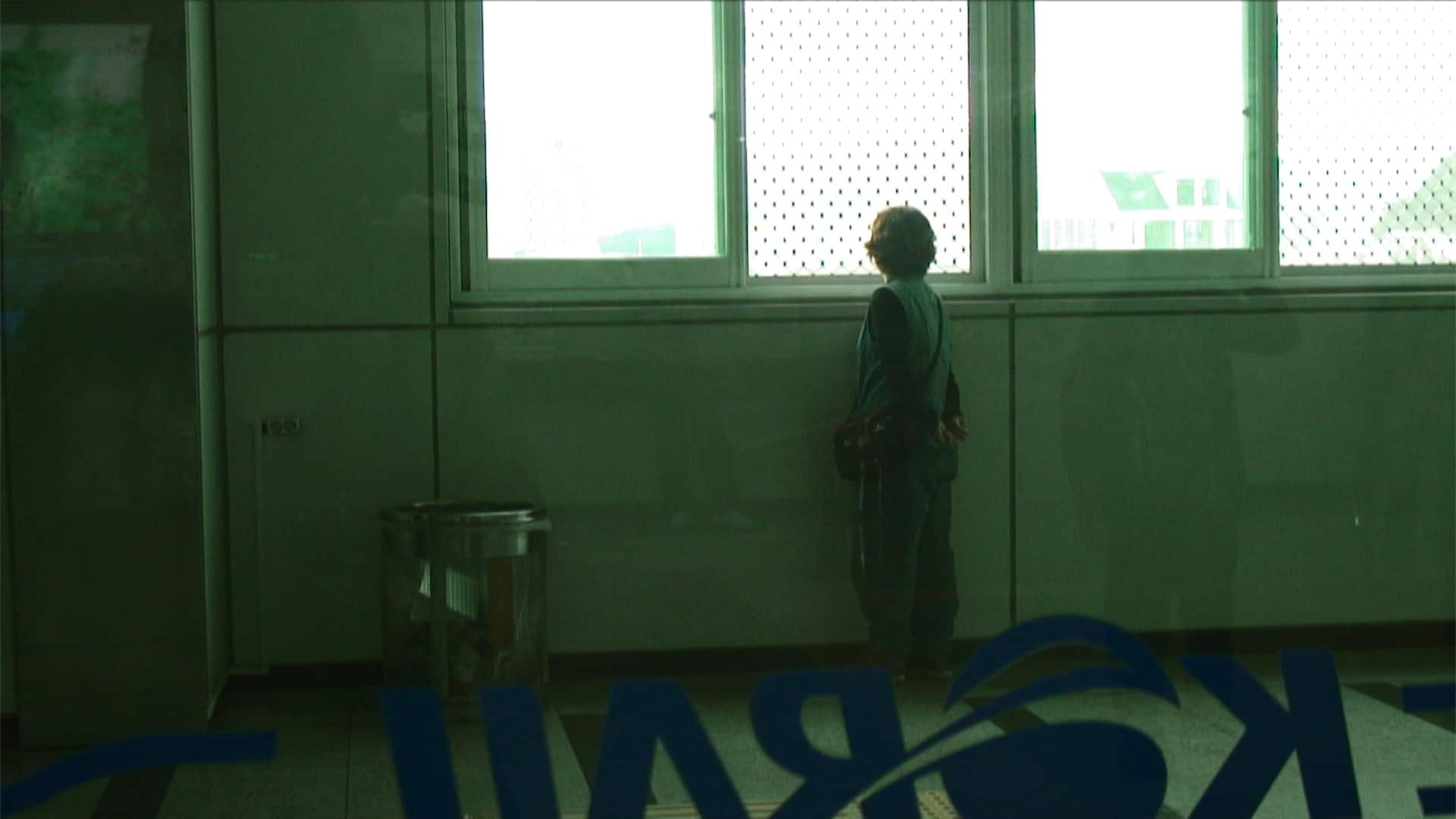
At the same time, Myoung's will to go back, may seem as the usual tendency to revisit the past almost all of us feel, but eventually is portrayed as something completely different, thus highlighting the way memories work even on a subconscious level (particularly through the nightmares she always has in autumn). This aspect eventually deals with the concept of trauma, in way that also highlights the consequences the “rules” of patriarchy could have, with the presentation also showing how it could even be carried through different generations.
On yet another level, Myoung explores her mother as a person, with her story and overall life emerging as rather captivating, and also as a metaphor for the country, and particularly the way the areas around American bases where shaped, both during their existence there, and after their relocation. This aspect, and the way the country has changed due to economic development and intense construction plans come into a complete antithesis with the lack of change in people's way of thinking, in another very interesting comment in the documentary.
Lastly, Myoung's own life is also presented, with particularly hers and her mother's relationship with her baby son ending the documentary in an optimistic note, despite its generally quite dramatic premises, although the question of if things would have been so good if she had a daughter instead lingers long after the film ends.
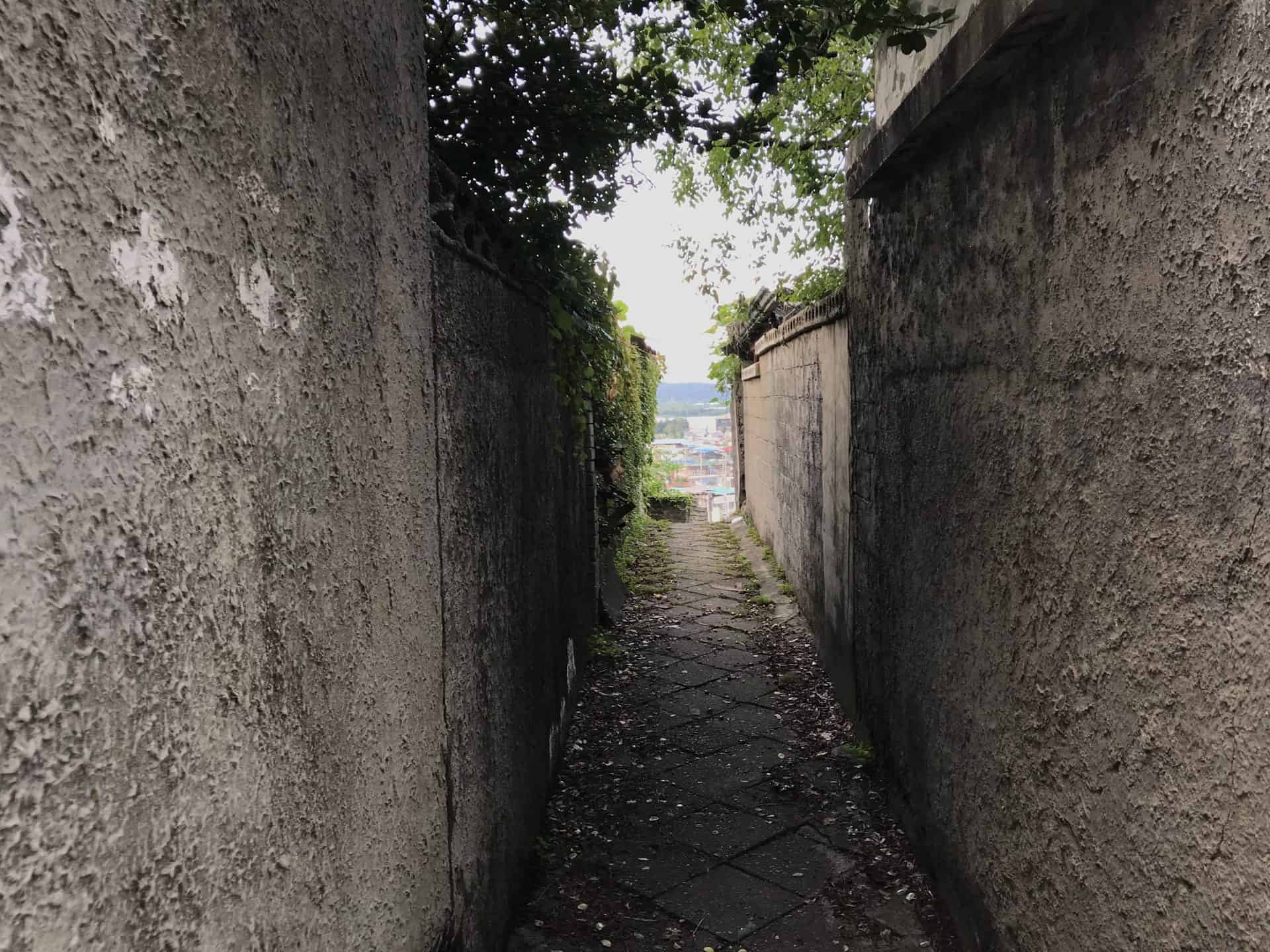
Myoung and Kim Byoung-goo's cinematography captures the multi-level narrative accurately and artfully, allowing the movie to function as a tour guide of both the past and present of the protagonists' lives and the places they had spent their lives. Particularly the way the many, occasionally decaying narrow streets are depicted is exceptional, essentially allowing them to become part of the context. Myoung has also done a good job in the editing department, with the succession of actual footage, “interviews” and narration highlighting all the aforementioned elements in the best way.
“The Strangers” is a very intriguing documentary that works on a number of levels, as the story of the director's family mirrors that of women in Korea for three generations. At the same time, it is another testament to the fact that “truth is stranger than fiction”.




